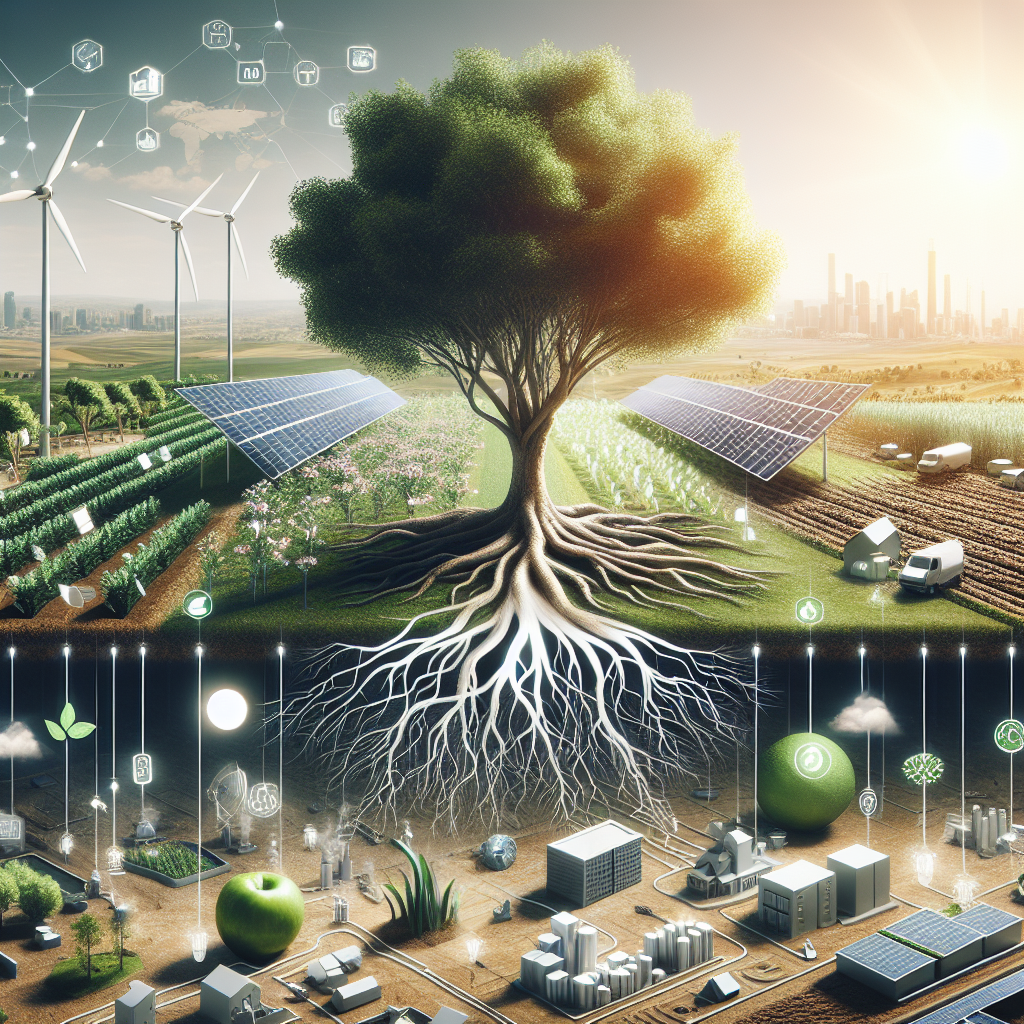
Sustainable Growth Strategies: Building a Future-Focused Business
Aug 28
2 min read
0
3
0
In today's rapidly evolving business landscape, the concept of sustainability has taken center stage. More than just a buzzword, sustainability now constitutes a critical aspect of organizational growth and success. As companies strive to maintain relevance in a world facing environmental challenges and shifting consumer preferences, implementing sustainable growth strategies has become not just an option but a necessity.
Understanding Sustainable Growth
Sustainable growth is more than just about being environmentally friendly. It encompasses a holistic approach to business that considers not only the impact on the planet but also on society and the economy. At its core, sustainable growth aims to strike a balance between profitability, social responsibility, and environmental stewardship.

The Benefits of Sustainable Practices
Embracing sustainable practices can offer numerous benefits to businesses of all sizes. From cost savings through energy efficiency and waste reduction to enhanced brand reputation and customer loyalty, the advantages of incorporating sustainability into business operations are manifold. Moreover, sustainable practices can drive innovation, foster employee engagement, and open up new market opportunities.
Strategies for Sustainable Growth
1. Implementing Green Technologies

Embracing green technologies such as renewable energy sources, energy-efficient equipment, and sustainable packaging can significantly reduce a company's environmental footprint. Not only do these technologies help in preserving the environment, but they also often result in long-term cost savings.
2. Supply Chain Optimization
Optimizing the supply chain for sustainability involves working closely with suppliers to ensure ethical sourcing practices, reducing waste, and minimizing the carbon footprint of transportation and logistics. By establishing transparent and responsible supply chains, companies can build trust with consumers and enhance their brand reputation.
3. Stakeholder Engagement
Engaging with stakeholders, including employees, customers, investors, and the local community, is key to fostering a culture of sustainability within an organization. By listening to feedback, involving stakeholders in decision-making processes, and communicating transparently, businesses can create a shared sense of purpose and commitment towards sustainable growth.
4. Circular Economy Practices

Adopting circular economy practices, such as product reuse, recycling, and remanufacturing, can help businesses minimize waste generation and extend the lifespan of products. By designing products with sustainability in mind and implementing take-back programs, companies can reduce their environmental impact while creating a more resilient and resource-efficient business model.
Conclusion
In conclusion, sustainable growth strategies are no longer a luxury but a strategic imperative for businesses looking to thrive in a rapidly changing world. By embracing sustainability in all aspects of their operations, companies can drive innovation, build resilience, and create long-term value for both themselves and society at large. As we navigate the complexities of the 21st century, let us remember that the path to success lies in building a future-focused business that is both profitable and sustainable.
Remember, sustainability is not just about saving the planet; it's about securing a brighter future for generations to come.
Let's embark on this journey towards sustainable growth together!
By adopting sustainable growth strategies, businesses can pave the way for a more sustainable future while reaping the numerous benefits that come with it. From reducing environmental impact to enhancing brand reputation and fostering innovation, the advantages of sustainability are clear. Embrace sustainability today to secure a better tomorrow for your business and the world.



